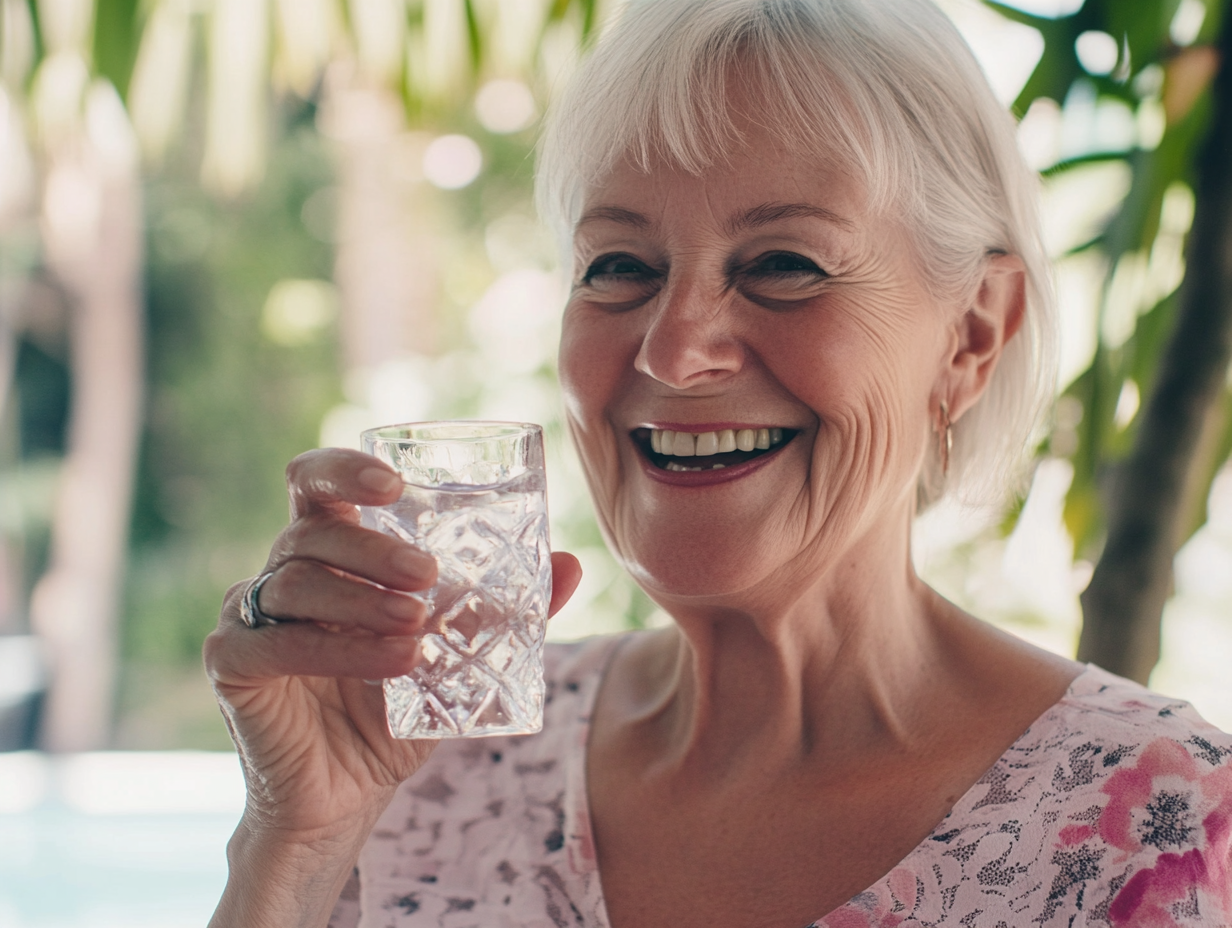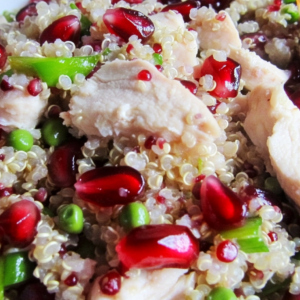Good hydration is essential for everyone, but it’s especially critical for older adults. As we age, the body’s natural sense of thirst diminishes, and medical conditions or medications can further complicate things.
For seniors living with memory loss - whether from mild cognitive impairment or early-stage dementia - staying hydrated can be even more challenging. They may forget to drink, misplace their cup, or simply not recognize thirst cues.
The risks of dehydration in older adults are serious: it can lead to confusion, urinary tract infections, constipation, and even hospitalizations.
Here’s how caregivers and families can make hydration easier, safer, and part of daily life for seniors with memory loss.
✅ 1. Create a Simple, Visible Routine
Consistency is key. Encourage drinking at set points throughout the day, such as:
- First thing in the morning
- With every meal and snack
- Before and after walks or exercise
- In the evening before bedtime
By linking water intake to familiar activities, drinking becomes a habit, not a chore.
👉 Related reading: The Best Daily Routines for Seniors With Early Dementia
✅ 2. Keep Water Easily Accessible
Place water within easy reach at all times:
- A water bottle on the nightstand
- A cup next to the TV remote
- A glass at the dining table
- A small bottle in their favorite chair’s side pocket
Using spill-proof cups with straws can also help for those with dexterity challenges.
👉 Take a look at Daily Caring's 6 Ideas to Get Seniors to Drink More Water
✅ 3. Offer Hydration Reminders
Technology can be a great support here. Set:
- Phone alarms or smart speaker reminders (“Alexa, remind me to drink water at 10 a.m.”)
- In-app hydration reminders, such as those available in wellness apps and the Elli Cares app
Apps like Elli Cares allow hydration reminders to be scheduled alongside medications and daily routines, making it easier for caregivers to prompt gently without hovering.
👉 Related reading: Manage Medications for Seniors at Home
✅ 4. Make It More Appealing
Plain water can feel boring or unappetizing, especially for seniors experiencing changes in taste or smell. Try:
- Infusing water with slices of lemon, cucumber, or berries
- Offering herbal iced teas (without caffeine)
- Using low-sugar flavored water drops
- Making smoothies with added hydration from fruits like watermelon
The goal is to offer variety without compromising hydration quality.
✅ 5. Use Hydrating Foods Too
Drinking isn’t the only way to stay hydrated. Many foods are rich in water:
- Cucumbers
- Watermelon
- Strawberries
- Oranges
- Tomatoes
- Soups and broths
- Yogurt
Adding more of these foods into daily meals and snacks can gently boost fluid intake.
👉 Find great tips from the National Institute on Aging: Healthy Eating Tips for Seniors
✅ 6. Track Fluid Intake (Gently)
Instead of stressing about ounces or milliliters, aim for general consistency. You can:
- Mark drinking times on a whiteboard
- Use water bottles with time markers
- Gently check in after meals: “Did you enjoy your water?”
For those with more advanced memory loss, caregivers may quietly track without putting pressure on the senior themselves.
✅ 7. Adjust for Weather and Activity
Remember that seniors may need extra fluids:
- On hot days
- During illness or fever
- After walks or exercise
- When taking diuretics or certain medications
Proactively encouraging small sips in these conditions can prevent dehydration before it starts.
✅ 8. Watch for Signs of Dehydration
Early signs of dehydration in seniors include:
- Dry mouth
- Dark-colored urine
- Dizziness or lightheadedness
- Unusual sleepiness or confusion
- Low blood pressure
- Rapid heart rate
If you notice these symptoms, encourage drinking and seek medical attention if symptoms persist.
Take a look at the Cleveland Clinics article on The Connection Between Age and Dehydration
Staying hydrated might seem simple - but for seniors with memory loss, it takes thoughtful planning and gentle support. By building hydration into the fabric of daily life - through routines, accessible water, tasty options, and tech reminders - you’re not just preventing dehydration.
You’re helping maintain energy, cognitive function, mood, and overall quality of life.
When hydration becomes easy, safe, and part of the rhythm of the day, seniors can live more confidently - and more healthily.








